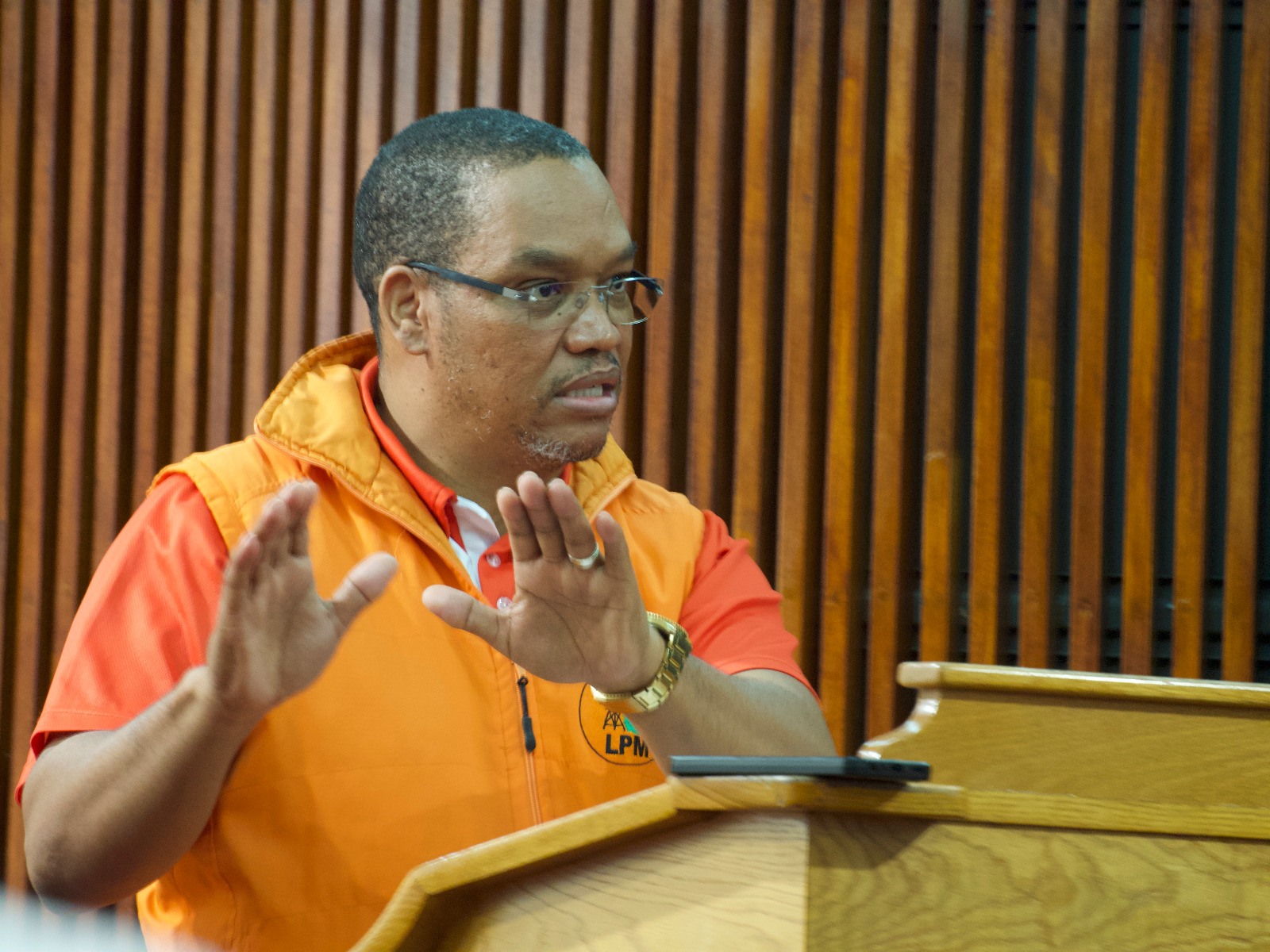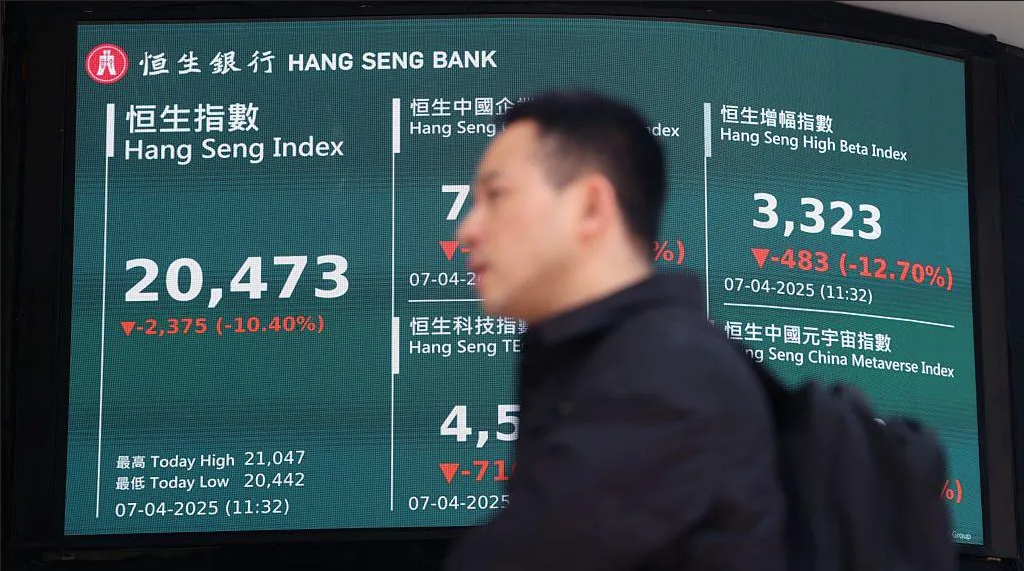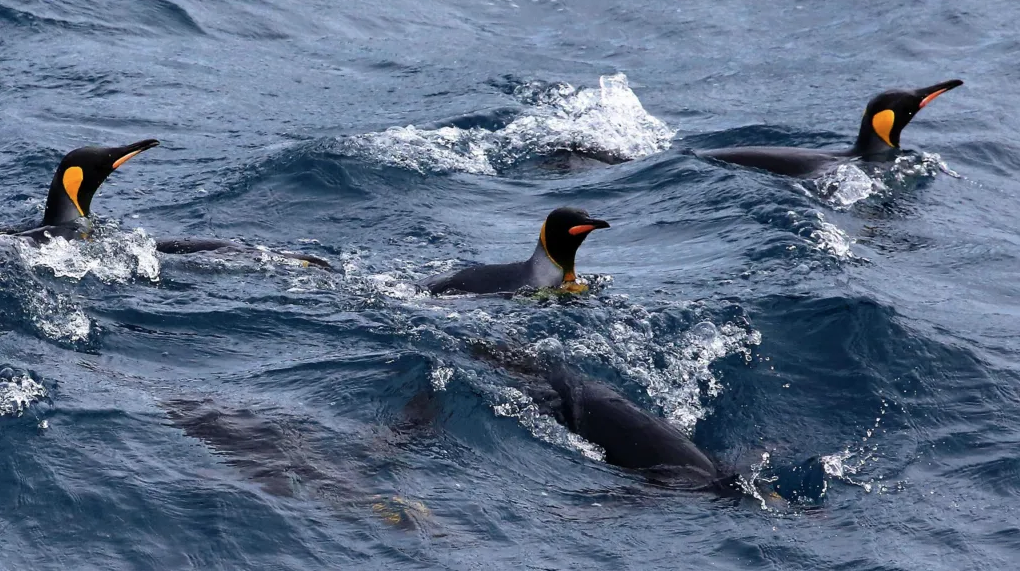BP AND Shell, the co-owners of South Africa’s biggest refinery, Sapref, propose the state takes a share in their joint venture before investing in PetroSA’s planned new refinery at Coega.
Senior executives of the local subsidiaries of both Shell and BP said the details of their suggestion to sell a stake in Sapref would be presented at a meeting scheduled for February 25 between Energy Minister Dipuo Peters and senior global executives of both firms.BP South Africa chief executive Sipho Maseko said on Monday the proposal was ‘pretty confidential at this stage’ and a number of outstanding details still had to be worked through with Shell, including the size of the stakes that both parties would offer to sell.’From a BP perspective, we’ve designated South Africa a growth market… we’d want a big stake,’ Maseko said.Shell South Africa chairman Bonang Mohale said the parties would offer the state ‘whatever stake they want’. The price would be ‘a fair value determined by our joint accountants’.A brownfields investment in an existing refinery like Sapref would cut the state’s investment bill in new refining capacity by half, compared with a greenfields investment in a project like Coega, Mohale said.PetroSA referred all queries to the Department of Energy, which said it had not seen the BP-Shell proposal, although the government was ‘always looking at various options to increase refining capacity’.Deputy director-general of hydrocarbons and energy planning Tseliso Maqubela said the Coega project was ‘firmly on the table’, and the department was considering options to make the project ‘even more attractive to investors’.The state-owned enterprise is awaiting approval from Peters to start the front-end engineering and design phase of the US$15 billion (N$103bn) Coega refinery project. The oil multinationals have questioned the Coega plan, warning of a global glut in oil refining capacity and the high capital costs.According to Maseko, BP and Shell’s 20-year roadmap for South Africa instead advocated putting in place the correct import infrastructure to take advantage of a global surplus of refined product, followed by the exploration of brownfield investments such as the proposed Sapref acquisition, and only finally the consideration of a greenfields project.’Given the challenges South Africa has, especially around energy security… we have to deploy scarce capital to the immediate needs of the country,’ Maseko said, adding that the economics of building a 400 000 barrel-a-day refinery at Coega were ‘at this stage not very compelling’.Mohale expressed concern that the government had a tendency to underestimate the actual costs of major projects.Mohale pointed out that investment in an existing refinery like Sapref would build a petrochemicals hub in Durban where infrastructure already existed or was being built, including Transnet’s new multiproducts pipeline to Gauteng.He estimated it would cost US$250 million to upgrade the Sapref refinery to ensure compliance with Clean Fuels 2 (the South African equivalent of Euro-5 fuel specifications), but the investment bill could climb as high as US$5 billion if the parties opted to add new capacity.- Business Report
Stay informed with The Namibian – your source for credible journalism. Get in-depth reporting and opinions for
only N$85 a month. Invest in journalism, invest in democracy –
Subscribe Now!










